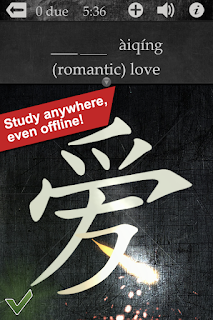Rather than regale you all with the various ways I've thought about pulling my hair out, or smashing my head on the desk as I try and analyze Case Grammar structures, I'll just say that I've discovered a new love at my breakfast shop... the "society" section of the 自由日報 (Freedom Daily). Everyone talks about needing to understand 3000 characters or so to read a news paper, but what is the fascination with reading newspapers anyway? I would much rather know how to tell my friend that their fashion sense in that one photo from 4 years ago, which I only found cause I was Facebook stalking them, makes them look kinda like a serial killer. Seriously, that (to me) would be much more useful, and, let's face it, way more fun to teach.
That being said, the 社會 section of this newspaper is sort of a blend of both. You get the "street cred" of reading a newspaper (this is why we try in the first place right?) plus a Facebook feel. It's full of pictures, it covers a broad variety of topics, polarizing opinions, and most of all, language that I can use right away! Here are two articles I found particularly funny yesterday. I can't really remember what useful stuff I learned in the process, and I didn't look up things I didn't understand, but after reading them I had a smile on my face. I'm sure I'll be back for more, which more than I can say of the collected works of Laozi or some textbook about Cross Straight Relations... seriously who writes that crap?
Without further ado, enjoy! I'd tell you the parts that I thought were interesting, but they you might not read the articles yourselves.
 |
| 辣媽, what is that like the Chinese version of MILF? |
Three parts to this discussion about yelling at kids.









